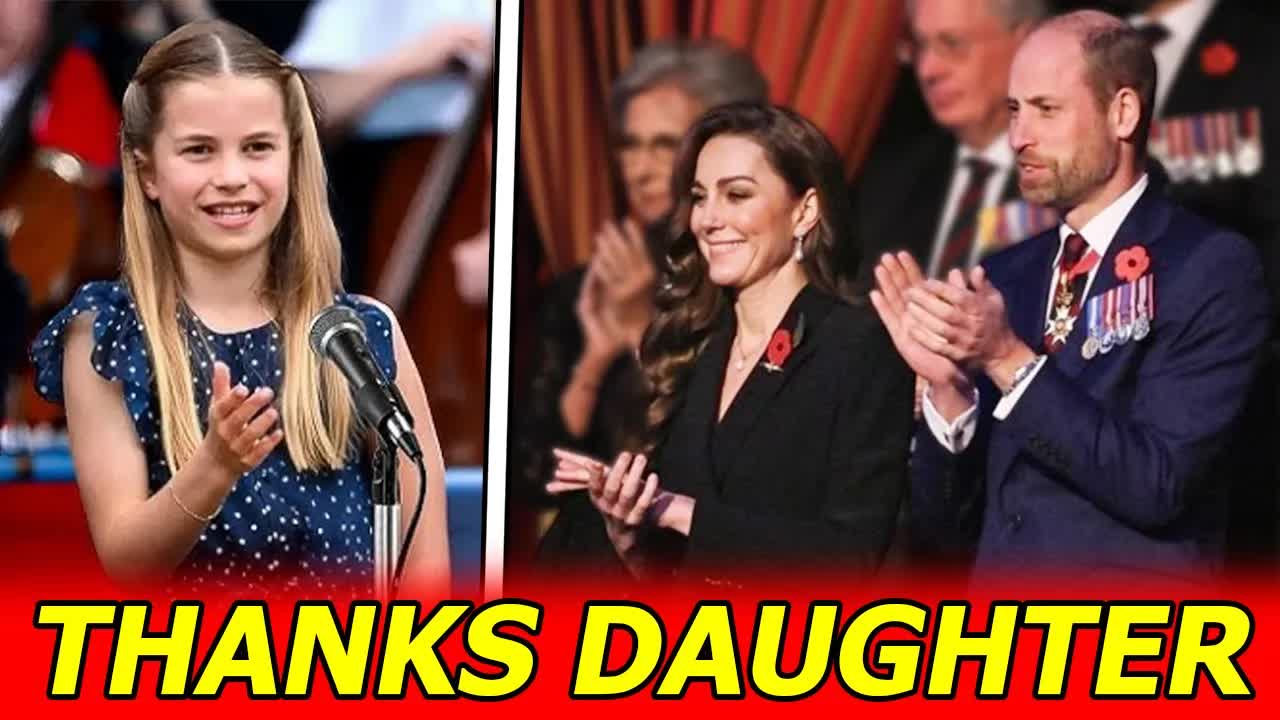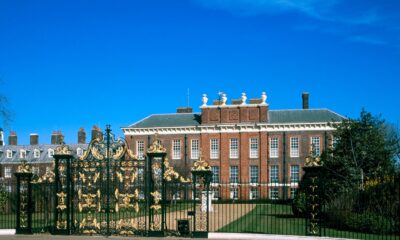The News
Princess Charlotte Embraces Prince William’s New Look: A Royal Transformation
In a heartwarming turn of events, Princess Charlotte has reportedly come to terms with her father, Prince William's decision to sport a full beard.
Initially, the little royal had quite an emotional response to this transformation, but it seems that time and understanding have smoothed the way.
A hair expert has weighed in on how such changes can affect children, shedding light on this surprising family story.
During a candid moment on his visit to South Africa last November, Prince William opened up about Charlotte's initial reaction to his new facial hair.
He recalled how she burst into tears at the sight of him with a beard, prompting him to shave it off.
“The first time she saw it, she got floods of tears,” he shared.
However, after some reassurance, he decided to grow it back.
“I thought hang on a second, I convinced her it was going to be okay,” he added, suggesting that their bond helped ease the transition.
As the festive season rolled around, the now-familiar beard made its debut, prominently featured during the royal family's traditional walk to St. Mary Magdalene Church.
It appears that Charlotte has grown more accustomed to her father's new look and is now supportive of his decision.
Jack Miles, owner of For Every Hair, provided insight into why such changes might initially unsettle a child.
“Change is difficult for everyone,” he explained.
Children often struggle with unexpected transformations, and for young Charlotte, seeing her dad with a beard must have been quite a shock.
Yet, Miles believes that kids like Charlotte eventually adapt.
“Normal people dye their hair, they get it cut, they grow it out, and guys shave or let their beard grow,” he noted, emphasizing that her initial confusion is completely normal.
Prince William has expressed a desire to redefine his royal role, aiming to resonate more with the younger generation.
During his trip to South Africa, he shared his vision for the monarchy's future, stating, “I can only describe what I'm trying to do and that I'm trying to do it differently.” He even mentioned wanting to approach his royal duties with a smaller ‘R' in royal, indicating a shift towards a more relatable image.
This modern approach has garnered praise from experts like Miles, who noted that even minor changes, such as growing a beard, can help make Prince William feel more approachable.
“A minor change like growing a beard helps bridge the gap to him becoming more familiar and approachable to people,” he remarked.
The relationship between Prince William and Princess Charlotte has always radiated warmth and support.
This recent anecdote adds another layer of charm to their dynamic.
William's thoughtful efforts to reassure Charlotte about his beard showcase his dedication as a father who values open communication and understanding.
Their bond shines through playful moments captured at public events and family outings.
Charlotte, known for her spirited personality, shares a special connection with William, who frequently involves his children in royal traditions and values their opinions.
Royal commentators often highlight William's hands-on parenting style, which he and Princess Catherine embrace to provide their children with a balance of normalcy and royal responsibility.
By addressing Charlotte's feelings about his beard, William reinforces the trust and warmth within their family dynamic.
While Prince William's decision to grow a beard may seem minor, it reflects his ongoing effort to modernize his royal role.
Balancing respect for tradition with a contemporary appeal, he demonstrates that the royal family can evolve alongside society.
Charlotte's journey from confusion to acceptance symbolizes the adaptation required as the royal family navigates changing times.
As the Princess of Wales stands by her father's new look, this moment underscores the importance of family connections when dealing with change, even in royal circles.
The close bond between William and Charlotte continues to capture public attention, reminding us that royalty is not just about titles and duties.


















































































